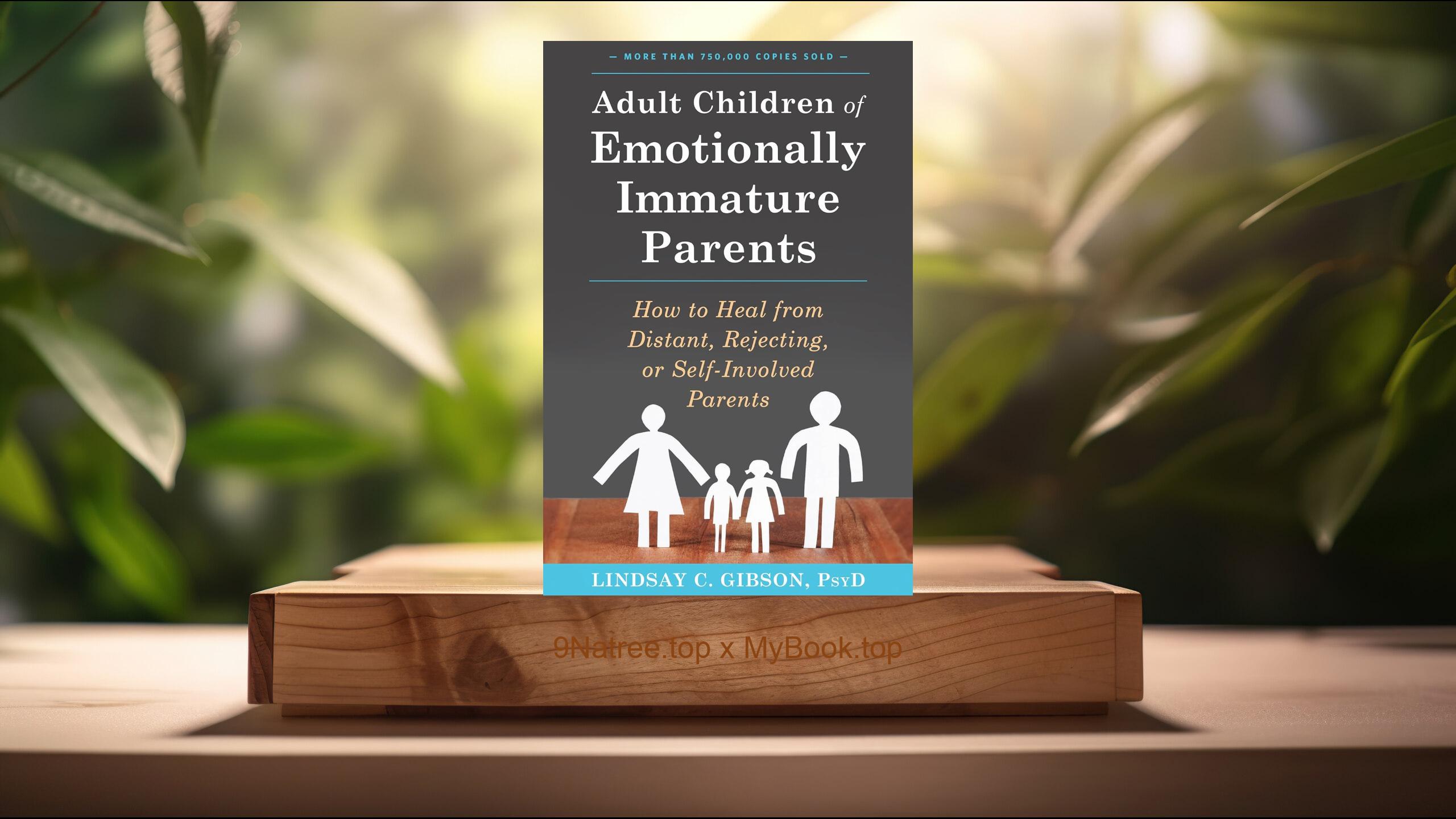Show Notes
- Amazon USA Store: https://www.amazon.com/dp/B0CVG4MNBH?tag=9natree-20
- Amazon Worldwide Store: https://global.buys.trade/Real-Food-for-Fertility-Lily-Nichols.html
- Apple Books: https://books.apple.com/us/audiobook/real-food-for-fertility-prepare-your-body-for-pregnancy/id1756813145?itsct=books_box_link&itscg=30200&ls=1&at=1001l3bAw&ct=9natree
- eBay: https://www.ebay.com/sch/i.html?_nkw=Real+Food+for+Fertility+Lily+Nichols+&mkcid=1&mkrid=711-53200-19255-0&siteid=0&campid=5339060787&customid=9natree&toolid=10001&mkevt=1
- Read more: https://mybook.top/read/B0CVG4MNBH/
#FertilityNutrition #PreconceptionHealth #RealFoodDiet #FertilityAwareness #SupplementsforFertility #RealFoodforFertility
These are takeaways from this book.
Firstly, The Importance of Nutrition in Fertility, A core premise of 'Real Food for Fertility' is the significance of nutrition in boosting fertility. Nutrition is not just about maintaining a healthy weight; it involves nurturing the body with the right nutrients essential for hormonal balance, ovulation, and the overall reproductive process. Lily Nichols meticulously explains how specific nutrients and food groups can positively influence fertility. She delves into the roles of fat-soluble vitamins, antioxidants, and omega-3 fatty acids, illustrating how deficiencies in these areas can affect both male and female fertility. Through detailed analysis and the latest research findings, Nichols highlights the direct correlation between dietary choices and reproductive health, urging readers to adopt a nutrient-dense diet for optimal fertility.
Secondly, Fertility Awareness and Cycle Tracking, Another critical aspect tackled in the book is fertility awareness and the importance of tracking menstrual cycles. Nichols guides readers through the process of understanding their cycles, from deciphering bodily signs like basal body temperature and cervical mucus to recognizing patterns indicative of ovulation or potential hormonal imbalances. This knowledge empowers women to strategically time intercourse for conception and identify any underlying fertility issues early. The book provides practical tools and tracking methods, demystifying the often complex process of interpreting the body’s natural fertility signals. Fertility awareness is not only crucial for conception but also for gaining a deeper understanding of one’s reproductive health.
Thirdly, The Detrimental Effects of Modern Diet and Lifestyle, Nichols delves into the detrimental impact of modern lifestyle and dietary habits on fertility, spotlighting the pervasive issue of processed foods, sugar, and environmental toxins. She emphasizes how these elements can detrimentally affect hormonal balance, leading to conditions like PCOS and endometriosis, which are known to impair fertility. The author articulates the need for a shift towards real food and a more natural lifestyle to mitigate these risks. In-depth discussions on the importance of organic produce, the avoidance of GMOs, and the reduction of plastic use to limit exposure to endocrine-disruptors, bring to light the significant influence of environmental and lifestyle factors on fertility health.
Fourthly, Supplementation for Enhanced Fertility, Understanding that it might not always be possible to obtain all necessary nutrients from diet alone, Nichols also explores the role of supplementation in enhancing fertility. She provides a detailed rundown of essential supplements like folic acid, vitamin D, and omega-3s, explaining how each supports reproductive health. Additionally, she addresses the importance of individualized supplementation based on specific health conditions or nutritional deficiencies, encouraging readers to seek professional advice for tailored supplement strategies. This topic underscores the book's holistic approach to fertility, acknowledging the need for both dietary and supplemental routes to provide the body with everything it needs for optimal reproductive function.
Lastly, Lifestyle Adjustments for Optimal Fertility, Beyond diet and supplements, 'Real Food for Fertility' also covers crucial lifestyle adjustments necessary for optimal fertility. Nichols discusses the importance of managing stress, ensuring adequate sleep, and incorporating moderate exercise— all of which play significant roles in enhancing fertility. The explanation extends to how chronic stress and sleep deprivation can disrupt hormonal balance, while excessive or too little exercise can negatively impact menstrual cycles. She offers practical advice and strategies to integrate these lifestyle changes seamlessly into daily life, making the guide not just about dietary adjustments but a comprehensive lifestyle overhaul aimed at boosting fertility.
![[Review] Real Food for Fertility (Lily Nichols) Summarized](https://episodes.castos.com/660078c6833215-59505987/images/2046049/c1a-085k3-pk42k3zdb9w1-e0kkaf.jpg)




